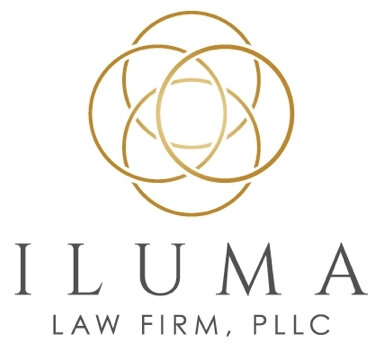The Online Service Provider's Guide to Getting Legal
Running an online service business is exciting, flexible, and full of opportunities, but if you’re not legally protected, it can also be risky. From contracts to copyrights, here’s what you need to keep your business safe and thriving.
1. Business Structure: Protect Yourself from the Start
Your business structure affects your taxes, liability, and credibility. Operating as a sole proprietor might seem easy, but an LLC or corporation can give you legal protection and tax benefits. Choosing the right structure now can save you from personal liability and tax issues down the road.
2. Contracts: Get Everything in Writing
Verbal agreements won’t cut it. A solid contract sets expectations, outlines payment terms, and protects your work. Whether it’s client agreements, independent contractor contracts, or NDAs, make sure every working relationship is legally backed.
3. Website Policies: Stay Compliant & Professional
Your website needs a privacy policy (to comply with data laws), terms of use (to set rules for visitors), and a disclaimer (to limit liability). If you’re collecting emails, tracking site visits, or selling services, these policies aren’t optional—they’re essential.
4. Copyright & Intellectual Property: Own Your Work
Your content, courses, and branding are valuable assets. Without copyright protection, others can copy, share, or even claim your work as their own. Registering your trademarks and copyrights helps you make sure you have exclusive rights to your brand and creations.
5. Payment Terms & Refund Policies: Avoid Awkward Money Disputes
Clear payment terms protect your cash flow. Make sure your contracts clearly outline due dates, late fees, and refund policies upfront so there’s no confusion. Having these in writing reduces the chances of chargebacks and unpaid invoices.
6. Client Disputes: Have a Legal Backup Plan
Sometimes, things don’t go as planned. Clients ghost, refuse to pay, or demand more than agreed upon. Having legal agreements in place gives you leverage and protects you if you need to escalate the situation.
7. Liability Protection: Cover Your Bases
A liability waiver or disclaimer can prevent legal headaches. If you provide coaching, consulting, or digital services, a disclaimer limits your responsibility for how clients use your advice or products.
8. Taxes & Compliance: Don’t Wait Until It’s Too Late
If you’re making money, the IRS wants to know. Keep track of business expenses, pay quarterly taxes if needed, and make sure you’re charging sales tax where applicable. Getting ahead of this prevents financial stress later.
Final Thoughts: Get Legal, Stay Confident
A legally protected business is professional and credible. When your contracts, policies, and protections are in place, you can focus on growing your business with confidence.
Need help getting your legal foundation set up? Let’s chat.
